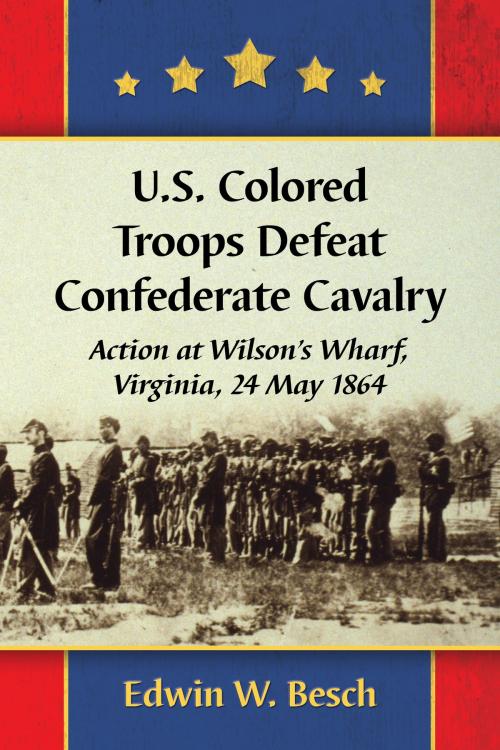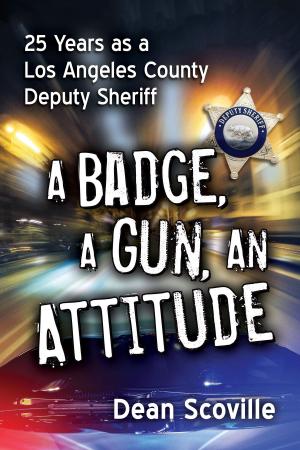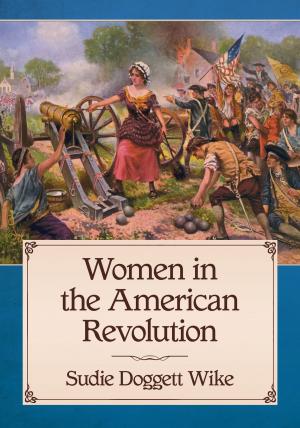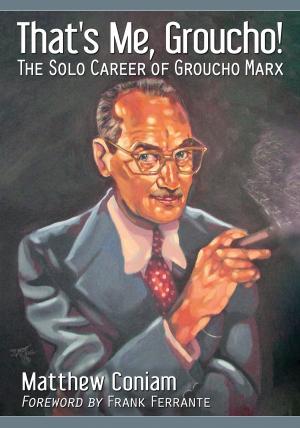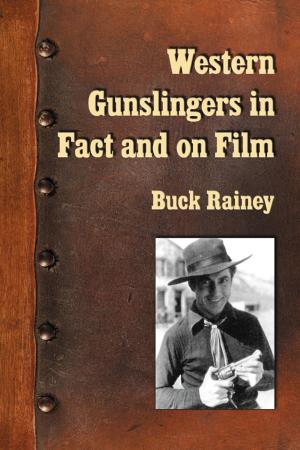U.S. Colored Troops Defeat Confederate Cavalry
Action at Wilson's Wharf, Virginia, 24 May 1864
Nonfiction, Social & Cultural Studies, Social Science, Cultural Studies, African-American Studies, History, Americas, United States, Civil War Period (1850-1877)| Author: | Edwin W. Besch | ISBN: | 9781476627373 |
| Publisher: | McFarland & Company, Inc., Publishers | Publication: | March 31, 2017 |
| Imprint: | Language: | English |
| Author: | Edwin W. Besch |
| ISBN: | 9781476627373 |
| Publisher: | McFarland & Company, Inc., Publishers |
| Publication: | March 31, 2017 |
| Imprint: | |
| Language: | English |
Wilson’s Wharf was the first major clash between U.S. Colored Troops and the Army of Northern Virginia. The 1st and 10th USCT infantry regiments, supported by two cannon and two U.S. Navy gunboats, faced 11 detachments of veteran Confederate cavalry who were under orders to “kill every man.” Union commander General Edward Wild, a one-armed abolitionist, refused General Fitzhugh Lee’s demand for surrender, telling Lee to “go to Hell.” The battle resulted in a victory for the mainly black Union force. This book describes the action in detail and in the larger context of the history of black U.S. servicemen, including the British recruitment of runaway slaves during the Revolutionary War, the black Colonial Marines who joined the British in torching Washington in the War of 1812, and the South’s attempts to enlist slaves in the final months of the Civil War.
Wilson’s Wharf was the first major clash between U.S. Colored Troops and the Army of Northern Virginia. The 1st and 10th USCT infantry regiments, supported by two cannon and two U.S. Navy gunboats, faced 11 detachments of veteran Confederate cavalry who were under orders to “kill every man.” Union commander General Edward Wild, a one-armed abolitionist, refused General Fitzhugh Lee’s demand for surrender, telling Lee to “go to Hell.” The battle resulted in a victory for the mainly black Union force. This book describes the action in detail and in the larger context of the history of black U.S. servicemen, including the British recruitment of runaway slaves during the Revolutionary War, the black Colonial Marines who joined the British in torching Washington in the War of 1812, and the South’s attempts to enlist slaves in the final months of the Civil War.
